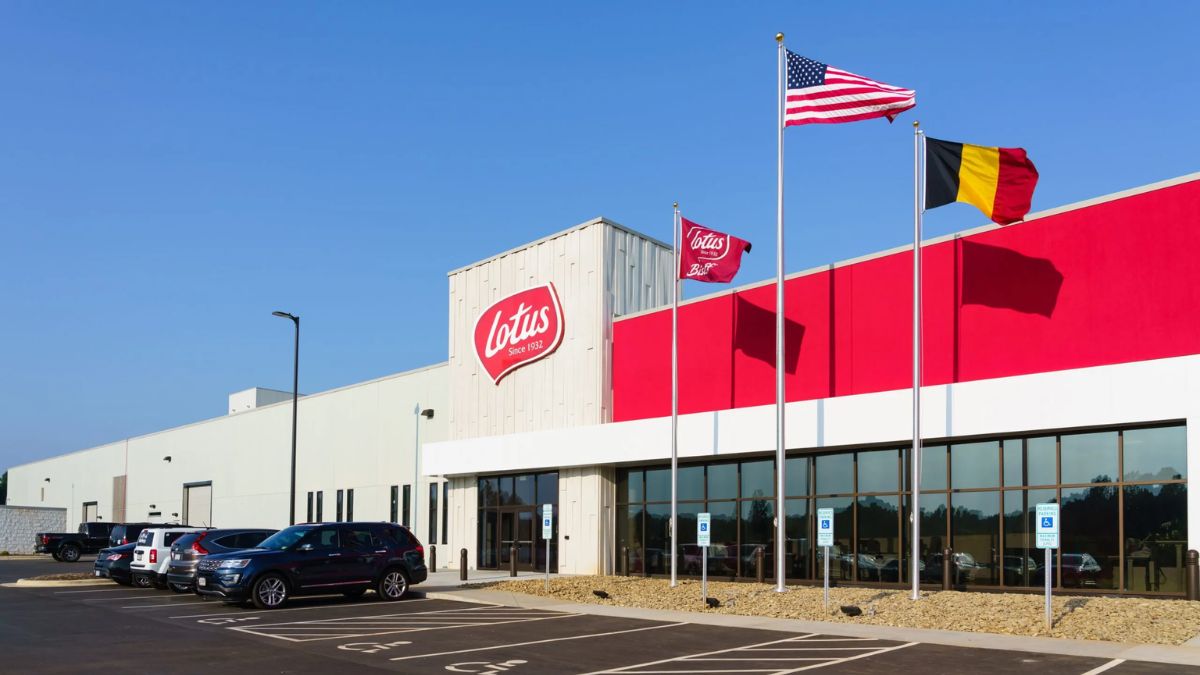Lotus Bakeries had a very good first half of the year. The Belgian company made more profit than it grew in sales. Operating profit rose 12.6% to €109.7 million. Net profit went up 10.1% to €79.4 million. This strong performance came mainly from big gains in its Biscoff and Natural Foods products.
Revenue for the first six months of 2025 was €657.3 million. This is 9.7% more than the same time last year. Price increases added about 1.5% to this growth, while currency changes had little effect. Each share earned €97.75, which is 10% higher than before.
Biscoff sales grew more than 11% as volumes rose by 10%. The company says it could hit full production capacity for its original cookies in 2025. Its focus remains on cookies and spreads. Chocolate and ice cream with the Biscoff brand are made under licence by Mondelēz. Co-branded chocolate bars with Cadbury, Milka and Côte d’Or are among the top-selling in the UK and Europe. Starting in 2026, Froneri will make and sell Biscoff ice cream in several European countries, with more regions to follow.
Natural Foods sales jumped over 16%. All brands in this segment, including BEAR, TREK, nākd, Kiddylicious and Peter’s Yard, saw double-digit growth. Sales outside the UK rose more than 30%. BEAR fruit snacks remained a top choice for kids in the U.S. TREK’s Protein Flapjack with Biscoff was the top new product in its category in the UK this year.
Lotus signed a new three-year deal with Golazo to promote TREK and nākd at 40 running events each year in Belgium, the Netherlands and France.
The Local Heroes segment stayed flat. Weaker gingerbread sales in the Netherlands were balanced by stronger pastry and waffle sales. Higher cocoa prices meant chocolate-covered products cost more.
The company spent €3.9 million on non-regular costs. Most of this went to the new Biscoff factory in Thailand, which is ahead of schedule. It will start making products in the second half of 2025 and be fully operational by May 2026. This factory will also make Biscoff spread. Another plant in North Carolina will produce the spread in a new jar design, set to launch globally by the end of 2026.
Lotus had a small financial loss of €2.2 million, mostly because of currency effects. Taxes came to €24.2 million, with a steady tax rate of 23.4%. Debt at the end of June was €149.8 million, slightly less than a year ago.
The company plans to spend at least €250 million in 2025 and 2026 to expand its production capacity in Europe, the Americas and Asia-Pacific. It also warned that a weaker U.S. dollar could lower second-half sales by up to 1.5%.


